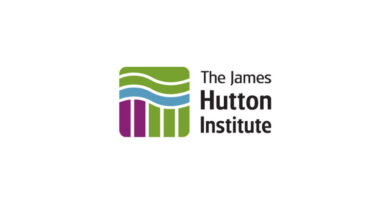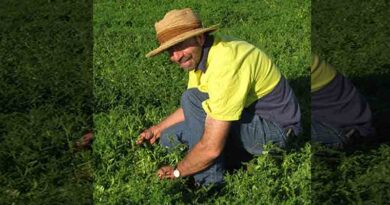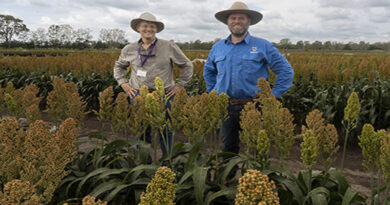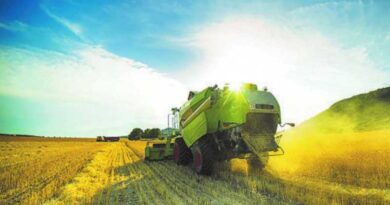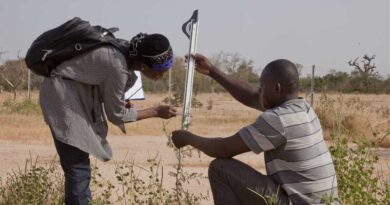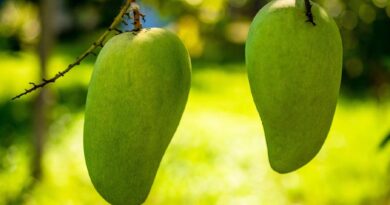Growing Beyond Mono culture: final episode in Diversify web series goes live
“The final episode in the DIVERSify web-series summarises recommendations about the use of mixed cropping, based on our research trials across Europe and North Africa. It also highlights how decision-makers could provide financial and policy support for mixed cropping and recommends ways to ensure that intercropping knowledge is shared across agricultural communities.”
28 January 2021,UK: As part of the EU Horizon 2020 research project DIVERSify, researchers of the James Hutton Institute and partner institutions have been working on investigating the viability of species mixture cropping as an alternative to crop monoculture.
During the project, they have created a video web series which explores the practical and theoretical considerations of mixed cropping and the ecosystem services that they can provide. The series explains where innovations have led to progress but also further opportunities still to be realised and future research and development needs.
Also Read: WSSA Cautions Against Poor Choices That Can Spread Invasive Weeds
This final episode in the web series, which has been released this week, aims to highlight the project’s key findings. These have been generated over four years of research trials and are combined with feedback from farmers and other stakeholders on the potential challenges, benefits and learnings on mixture cropping throughout the project. Most importantly, the final episode summarises the project’s overall recommendations about the opportunities for using mixed cropping in farming and downstream value chains.
Dr Alison Karley, an agro-ecologist at the James Hutton Institute’s Ecological Sciences department and co-ordinator of the DIVERSify project, explains: “The final episode in the DIVERSify web-series summarises recommendations about the use of mixed cropping, based on our research trials across Europe and North Africa. It also highlights how decision-makers could provide financial and policy support for mixed cropping and recommends ways to ensure that intercropping knowledge is shared across agricultural communities.”
The key recommendations from the project so far are built around:
Reducing Inputs
Supporting Agrobiodiversity
Knowledge Sharing
Diversifying the Cropping Sequence
Leveraging Opportunities


